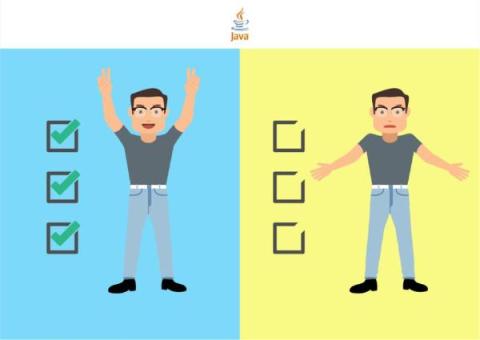How to Specify and Handle Exceptions in Java
Errors happen all the time in the software world. It might be an invalid user input or an external system that is not responding, or it’s a simple programming error. In all these situations, the errors occur at runtime and the application needs to handle them. Otherwise, it crashes and can’t process further requests. Java provides a powerful mechanism which allows you to handle the exceptional event where it occurred or in one of the higher methods in the call stack.



